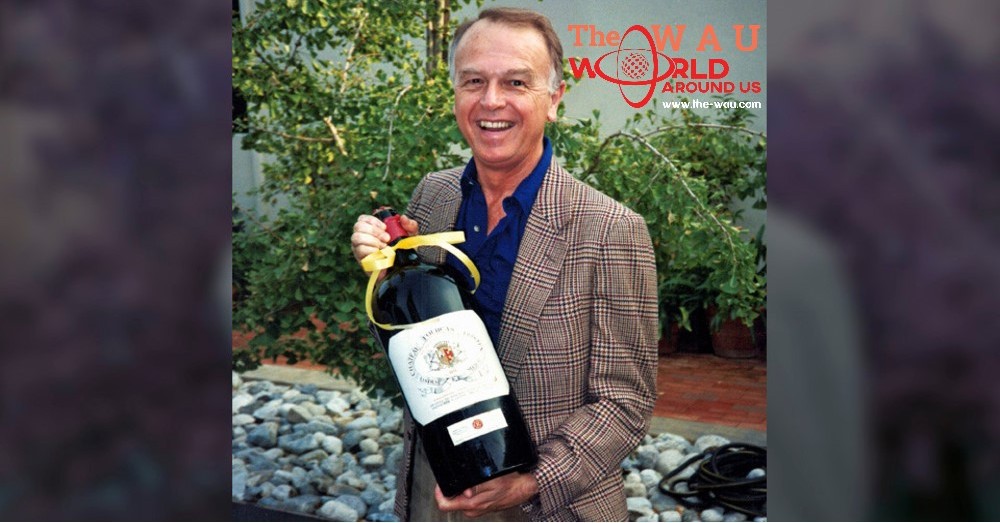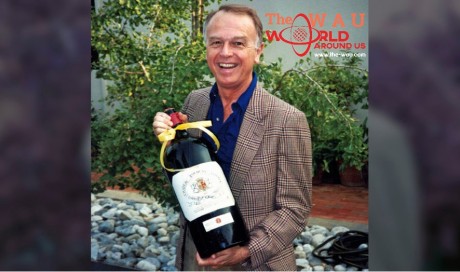Joseph Coulombe, who in 1967 parsed some cultural traits, introduced his retail instincts and created Trader Joe’s, the popular grocery chain regarded for uncommon foods, a beneficiant wine selection and a laid-lower back atmosphere, died on Friday at his home in Pasadena, Calif. He turned into 89.
The death became confirmed by means of his son, Joseph.
In the mid-1960s Mr. Coulombe (reported coo-LOAM) owned a modest chain of comfort shops within the Los Angeles area, Pronto Markets, however began to realize he couldn’t compete with higher-financed convenience chains like 7-Eleven.
He had noted that education levels inside the United States had been increasing and that Boeing changed into planning a brand new plane, the 747, that he thought might mean greater international travel and thus greater hobby amongst Americans in unusual foods. He also study someplace that the extra training people had, the more alcohol they drank.
He gave it a South Seas motif, had employees put on tropical shirts and be extra friendly, and blanketed distinguished cheeses and meals from afar many of the inventory for the adventurous palate.
“I had no choice,” Mr. Coulombe informed Supermarket News in 2002. “I had to do some thing different.”
Soon he changed into emphasizing natural ingredients, organic meals and different “green” traits and had released Trader Joe’s own label for severa merchandise, a lot of them at low prices.
He predicted the shops as being “for overeducated and underpaid humans, for all of the classical musicians, museum curators, journalists,” as he positioned it in an interview with The Los Angeles Times in 2011.
The founding sensibility remained as the chain grew. By the time Mr. Coulombe retired in 1988 (having bought his interest to the German employer Aldi Nord in 1979 but having remained at the helm), there have been either 19 or, by a few accounts, 27 shops in Southern California.
His successor as chief executive, John V. Shields Jr., took the chain national. When the primary Trader Joe’s opened in New York City in 2006, it become the 253rd. Today, in step with the organization’s website, there are more than 500.
The chain’s special spot within the grocery landscape is evident from the way Mr. Coulombe’s creation has been described over the years.
“He grafted the connoisseur keep onto the convenience shop onto the health meals keep onto the liquor save,” Los Angeles Magazine stated in 2011.
“Equal components gourmand shop, cut price warehouse and Tiki trading post,” The New York Times said in 2014.
And Fortune magazine, in 2010, described Trader Joe’s as “an offbeat, a laugh discovery region that elevates meals shopping from a chore to a cultural experience.”
Whatever the description, for Mr. Coulombe the key become keeping the point of interest at the target group he originally predicted, the ones “overeducated, underpaid” customers keen for healthy products at an excellent price.
Joseph Hardin Coulombe turned into born on June 3, 1930, in San Diego. His father, also named Joseph, changed into an engineer at Convair, an plane manufacturer, and his mother, Carmelita (Hardin) Coulombe, became a teacher. Although he might make his mark with shops acknowledged for interesting, wholesome ingredients, the delicacies of his childhood, he advised Los Angeles Magazine, become dominated by using New England boiled dinners, a legacy of his paternal grandmother, and bacon-fat-heavy “Southern suicide delicacies” from his mother’s facet of the circle of relatives.
Mr. Coulombe graduated from San Diego High School in 1947 and earned a bachelor’s diploma in economics at Stanford. He also served a year within the Air Force.
After incomes a master’s degree at Stanford in 1954, he went to work for the drugstore chain Rexall, which set him to the project of growing a sequence of comfort stores. His instruction for that included driving his family around the diverse neighborhoods of Los Angeles, reading the demographics and possible locations. His son recalled learning to count through counting parking spaces at capacity sites.
He had six Pronto Markets up and running whilst Rexall changed directions and advised him to liquidate them; instead he borrowed money and purchased them himself, leaving Rexall.
“They have been so huge, I decided I’d higher get the hell out of convenience-save retailing,” he instructed The San Diego Union-Tribune in 1987.
Mr. Coulombe prided himself on paying his employees nicely and on an ever-converting display, one of the things that set him other than supermarkets.
“We intentionally pursued a policy of discontinuity, as adversarial to, say, Coca-Cola, which is in infinite supply,” he instructed The Los Angeles Times in 2011. “For example, we had the best vintage-dated, field-unique canned corn in existence, and it turned into the first-class damned canned corn there changed into. But there become simplest a lot produced every year, and while you’re out, you’re out.”
In addition to his son, Mr. Coulombe is survived via his wife, Alice (Steere) Coulombe, whom he met when both had been college students at Stanford and married in 1952; daughters, Charlotte Schoenmann and Madeleine Coulombe; and six grandchildren.
Another point of pleasure for Mr. Coulombe became that a person taste-tested what he offered. Sometimes it was a body of workers member. Often it become Mr. Coulombe himself.
“I have to sample about 4,000 wines a year,” he informed The New York Times in 1987. “Of course, we don’t purchase them all.”
Share This Post















